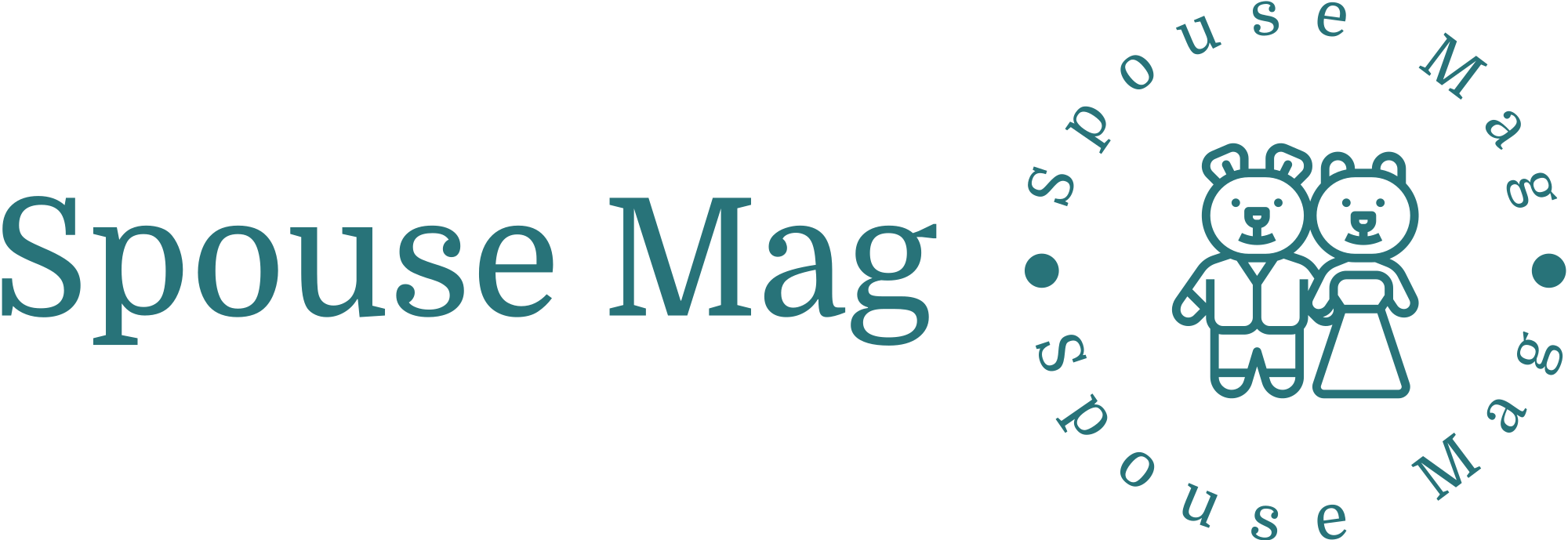In A Beautiful, Terrible Thing, Jen Waite recounts her marriage to a man who seemed perfect but eventually revealed himself to be unfaithful and emotionally manipulative. She shares the painful process of confronting the reality of his infidelity and lying, which shatters her idealized view of their marriage.
Waite also offers a roadmap for survivors, emphasizing the importance of self-care, building a support system, and reclaiming one’s identity
I picked up A Beautiful Terrible Thing with high expectations, and it did not disappoint.
Understanding Narcissism and Its Impact
In her memoir, Waite reveals how her husband’s seemingly charming and affectionate demeanor hid a darker side. His charisma and apparent affection masked a self-centered nature devoid of genuine empathy.
Through her observations, she uncovers traits of narcissism and psychopathy, showing how his behavior was manipulative and deeply self-serving. I’ve seen firsthand the devastating impact of narcissistic partners on their victims. Their ability to charm and manipulate is uncanny, leaving their prey trapped and confused.
Critique: Overlooked Various Aspects of Narcissism in Relationships
However, as a relationship expert, I can’t help but point out that narcissism is a complex disorder. While Waite’s experiences are undoubtedly painful, they do not represent the entire spectrum. It’s crucial to remember that not all narcissists are abusers. A discussion on the subtler aspects of narcissism could offer a broader perspective on how different levels of narcissistic traits impact relationships.
The Sudden Shift in Relationship Dynamics
One of the central themes in Waite’s memoir is the sudden and drastic changes in her husband’s behavior, which left her feeling blindsided and confused. At the beginning of their relationship, he was loving, attentive, and seemingly perfect.
However, after their marriage, his behavior shifted dramatically, he became distant, secretive, and emotionally abusive. Waite says this shift in dynamics left her questioning her reality and doubting her perceptions
In my own experience, I’ve seen how such shifts can make you question everything—yourself, your reality, and your worth. The person you thought was your soulmate becomes a stranger almost overnight, and it’s easy to spiral into self-doubt.
Critique: Overlooked Psychological Mechanisms Behind Narcissistic Behavior Shifts
However, while Waite’s portrayal of this sudden shift is powerful, I felt the book could have explored more deeply the psychological mechanisms behind this behavior. Understanding why narcissists change so suddenly, from idealizing their partner to devaluing them could provide readers with even more insight and, perhaps, a sense of closure.
The Challenges of Co-Parenting and Moving On
After her marriage falls apart, Waite has to navigate the difficult task of raising a child with someone who continues to be manipulative and uncooperative. She explains that narcissists are prone to a general disregard for the emotional needs of others, including their children. This makes co-parenting particularly difficult, as the narcissistic partner is unreliable, uncooperative, and even uses the child as a pawn in ongoing power struggles.
I’ve seen how narcissistic co-parents turn even the simplest decisions into battlegrounds, and it’s heartbreaking to see children caught in the crossfire.
Critique: Overlooked Strategies and Potential for Change in Co-Parenting with Narcissists
Waite’s narrative, while powerful, might leave some feeling hopeless about their situation. I believe there’s room for more discussion on the strategies that can help mitigate the difficulties of co-parenting with a narcissist. The memoir could benefit from a more balanced view of the potential for change within narcissistic individuals.

The Role of Support Systems and Healing
The author vividly describes how her friends, family, and therapist became her pillars of strength during her darkest moments. Waite recounts the unconditional support she received from loved ones who listened to her, offered guidance, and helped her regain her self-worth.
Waite also highlights the significance of therapy in her healing journey. She credits her therapist with helping her understand the dynamics of narcissistic abuse, process her emotions, and develop strategies to cope with the trauma.
Critique: Did Not Address the Challenges of Isolation in Toxic Relationships
Many individuals in toxic relationships do not have the same level of support that Waite did—whether due to isolation, estranged family ties, or lack of access to therapy. The book could have addressed the difficulties those without strong support networks faced and offered practical advice on finding or building such support.
Conclusion
Jen Waite’s A Beautiful, Terrible Thing is a raw and courageous exploration of the devastating impact of betrayal. By sharing her journey with such honesty, Waite offers solace and understanding to those who have experienced similar heartbreak.
While the book primarily focuses on the personal experience, a broader examination of societal factors contributing to infidelity could enrich the narrative. Nonetheless, A Beautiful, Terrible Thing is a significant contribution to the conversation surrounding betrayal, inspiring hope and resilience in the face of adversity.
Reader’s Thoughts About A Beautiful, Terrible Thing
I found these insights on Goodreads:
Sarah Lee, Therapist: “Waite’s vulnerability is brave and healing. This book is a must-read for anyone navigating the aftermath of betrayal. It’s a powerful reminder that healing is possible.”
Maria Hernandez, Survivor of Infidelity: “This book felt like a lifeline. Waite’s words validated my own experiences. It’s a testament to the strength women possess.”
Alex Turner, General Reader: “While the author’s pain is evident, the narrative felt repetitive at times. The constant focus on the betrayal overshadowed potential for deeper character development.”
Riley Moore, Mental Health Advocate: “It lacks a comprehensive exploration of the healing process. More focus on post-betrayal growth would have been beneficial.”
Rating: ★★★★☆ (4.5/5)
Recommendation: I wholeheartedly recommend this book to anyone seeking to understand or find solace in their own experiences with narcissistic relationships. It’s not just a story; it’s a powerful reminder that you’re not alone.

As a married wife, founder, and editor of SpouseMag.com – these guides are based on my own personal experiences, observations, research and insights. I am transparent about being inspired by the life and work of the two greatest experts in the relationship space – Dr. John and Julia Gottman, and Harville and Helen. They two are some of the strongest couples, researchers, authors, and counselors when it comes to marriage and relationships. My advice and guides are based on my insights and research, and they are not an alternative to professional advice.





